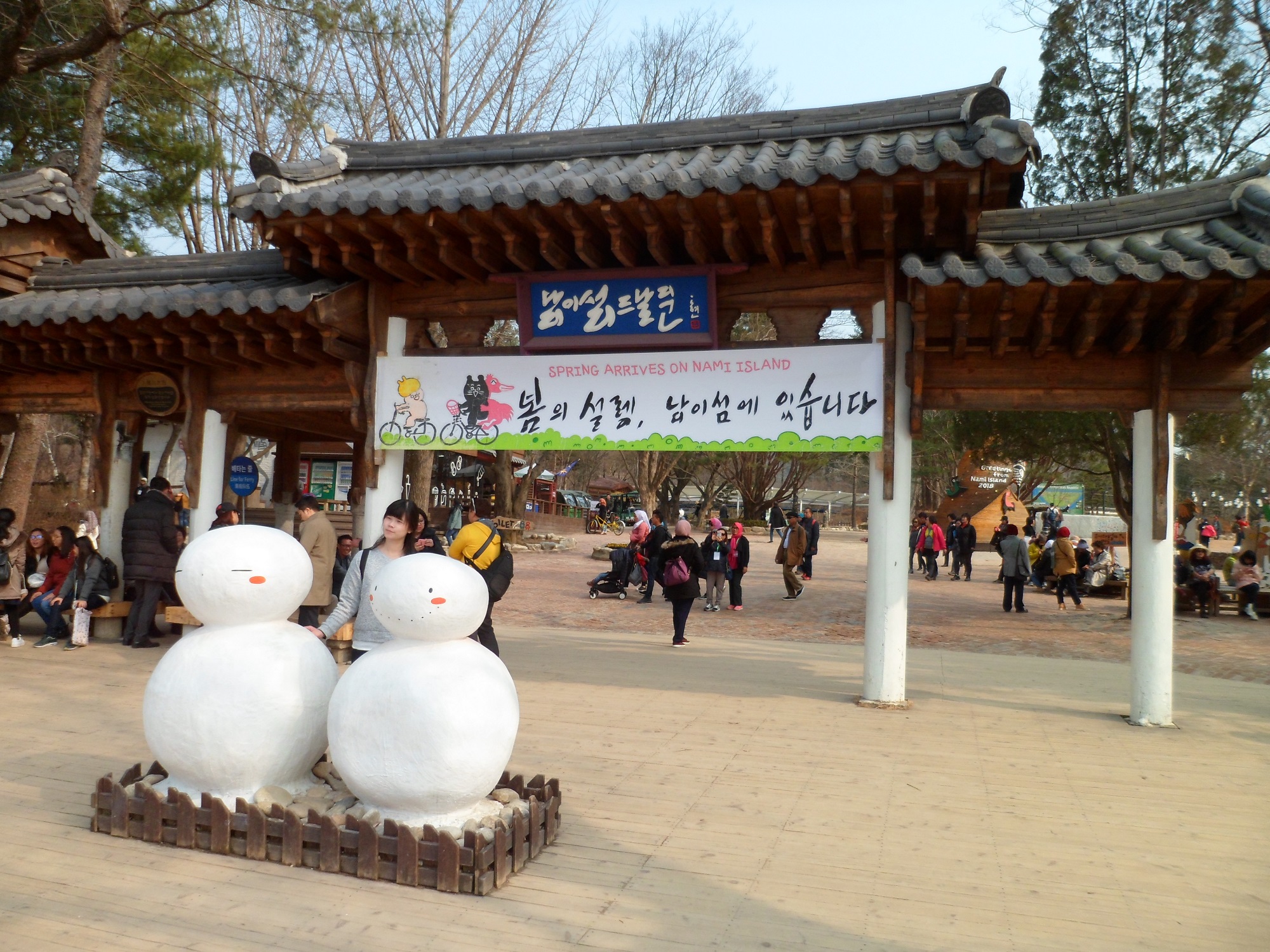House prices rose by 0.97% y-o-y in Q2 2019
After several years of lacklustre performance, South Korea’s housing market growth remains sluggish. House prices rose by a minuscule 0.97% during the year to Q2 2019, after y-o-y rises of 1.99% in Q1 2019, 1.87% in Q4 2018, 0.76% in Q3, 0.45% in Q2 and 0.5% in Q1. During the latest quarter, house prices fell slightly by 0.67% q-o-q.

Housing restraint, economic stimulus ahead.
Elected on the promise of ending cosy ties between business and government, South Korea's government has launched a fiscal plan called 'a complete paradigm shift' by President Moon Jae-in, with US$9.85 billion of extra spending, especially on social security, health, and small businesses. The government believes this will raise economic growth to 3%.
High housing costs are a political issue, so the government is targeting the "overheated speculative zone", comprised of the capital Seoul (all 25 districts) and two other areas -- Gwacheon and Sejong City, where they've re-introduced increased capital gains tax (CGT) on property investors, originally introduced 2005-2014. Investors who own two houses pay an extra 10% in capital gains tax upon the sale of a property. Three-house owners can expect an extra 20% tax, in addition to baseline CGT of between 6-40%, depending on the size of the gain and the holding period.
Rents, rental yields: data unavailable in S. Korea
Recent news. South Korea’s economic growth was 2.1% y-o-y in Q2 2019, following growth of 1.7% y-o-y in Q1 2019, 2.9% in Q4 2018, 2.1% in Q3, 2.9% in Q2, and 2.8% in Q1, according to the Bank of Korea (BOK). The quarterly figures are less good. GDP grew by 1.1% quarter-on-quarter in Q2 2019, after a 0.4% contraction in Q1 2019. Recently, the BOK lowered its growth outlook for 2019 to 2.2%, down from its initial forecast of 2.5%, citing economic uncertainties and weak exports.